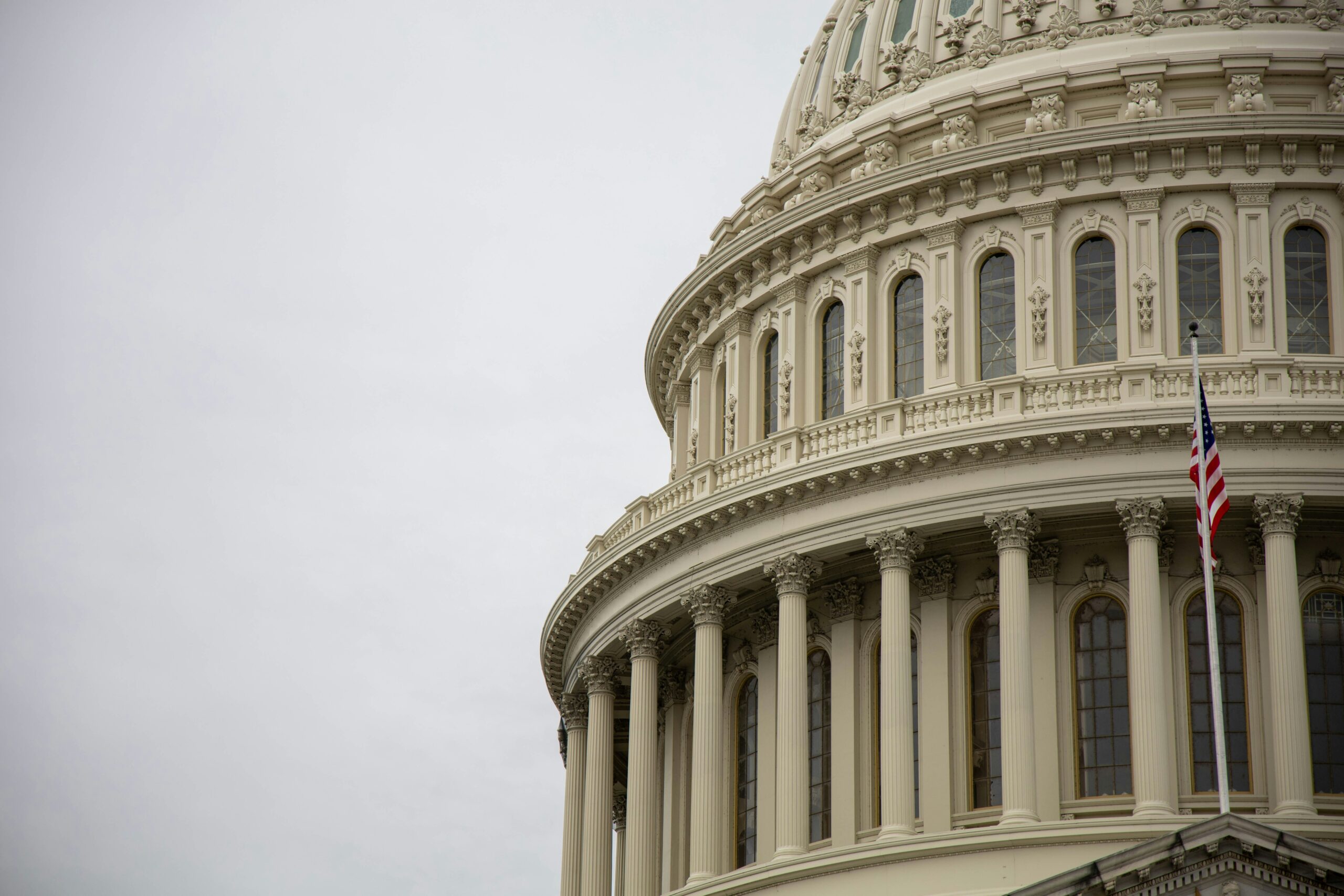Highest-Earning Partners May Be Looking to Cash In on Early Retirement

By Andrew Maloney
The original version of this story was published on
The American Lawyer
What You Need to Know
• Some of the highest-earning partners probably don't ever want to stop working. But others are climbing the pay ladder in hopes of getting out sooner.
• In an era of fast-rising pay, some partners can retire years earlier than they imagined.
• Other partners may more closely fit the stereotype of big-time BigLaw earners: driven by competition and recognition among peersand clients.
The motivation for top lawyers to make top dollar may seem self-evident. Like elite athletes, many rainmakers are driven by being the best on their team (firm) or in their sport (practice). They know what they’re worth. They may want others to know it too. And they want to keep grinding until it becomes impossible.
But there are also top performers who work to live rather than live to work, recruiters and consultants say, high-achieving, high-earning partners heading toward an early retirement, and the era of skyrocketing partner pay across the industry is helping them make that happen.
“What’s developed especially over the last five years is the numbers are just so much higher than they ever were before that it’s becoming increasingly easier for people to get to whatever their number was,” said Jeff Lowe, senior managing partner and market president for Washington, D.C., at CenterPeak.
“A lot of people have in their mind their number, and when they hit their number, they’re going to call it quits. So it’s easier to reach that number.”
Lowe said his group of course sees partners who fit the stereotype of workaholics, lawyers who love the job and lifestyle and couldn’t really conceive of doing anything else. But there’s another group of partners that Lowe said they hear about “quite frequently,” those who are very, very good at what they do, “but it’s not what they want to spend their entire life doing, and making a lot more money does give that option to retire from the practice that much sooner. And that can be very attractive to those people.”
Indeed, while younger lawyers are more likely to say they’re motivated by things
beyond Big Law, lawyers of all stripes (and workers in other industries) are seemingly more willing and able to pursue “side hustles” and outside interests more now than before. But even if it’s simply spending more time with family or playing more golf, the increases in demand, profits and competition are helping partners get while the gettin’s good. That can go for lateral moves, too.
Jon Lindsey, a founding partner of recruiting firm Major, Lindsey & Africa, said last month that an extra $1 or $2 million might not be convincing fora partner already making $6 or $7 million a year to switch firms. But in this era, it’s more like: “For $20 million, ‘OK, I can be persuaded,’” Lindsey said, adding, “The idea of being able to retire 10 years earlier can be pretty appealing.”
Blane Prescott, managing shareholder at MesaFive and a consultant to firms on compensation, said while he’s “sure” there are top-earning partners who are doing what they do and really trying to earn big bucks so they can ultimately hang it up, it’s something he doesn’t really hear among that segment. “I just don’t get that many people at the higher ends who want to retire early,” Prescott said in an interview this week. He said you’re more likely to find partners at firms in the middle of the AmLaw 100, billing 2,400 hours and making more like $3 to $4 million a year who want to retire early. “But it’s not the monster comp people,” he said. Prescott said that high earners may not bill as many hours, but they have enormous books of business. He said one partner he encountered who recently got paid more than $20 million was a good example. “His view is, ‘I want to double my book. Double my comp.’ Not because he needs the money or wants to retire early, but is driven by success,” Prescott said.
Part of that definition of success may be getting recognition within their own firm or practice as a top performer. Kay Hoppe, a Chicago-based legal recruiter, noted that once firms started paying some partners in the tens of millions, it may have caused a domino effect.
“Once that starts—and this is the crucial part—it’s more the competition among these star legal athletes,” Hoppe said. "‘If they're worth more than$20 million, so am I.’ So, where they may not have initiated that type of increase, once it starts, it’s unstoppable.”
Lowe, of CenterPeak, also noted that with compensation escalating the way it is, the opportunity cost for partners leaving the practice while they’re still at or near the top of their game has also grown“exponentially.” “So the person might have had $15 million as their[retirement] number. While they might obtain their number quicker, they have a new number now, and $15 or $20 million has become $30 million, and that’s so much money to leave on the table that’s theirs for the taking,” he said.
Another motivating factor for top partners may be the recognition from clients.
“Some of these people are working with and have personal relationships with the CEOs of some of the largest companies in the world, and it’s not unusual to have one of those CEOs call them up and say, ‘Hey, I want to talk to you,’” said Prescott, of MesaFive. “Not even about just a legal issue, but because they prize their judgment. So if you’re operating at that level, and have those kinds of relationships, that’s a huge driver.”
Read the full post at law.com
© 2024 ALM Global, LLC, All Rights Reserved.
Additional Post





